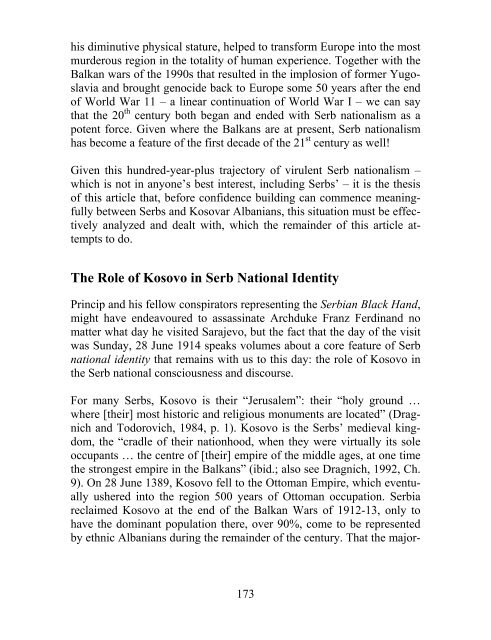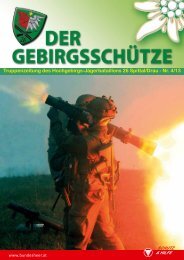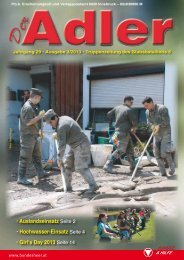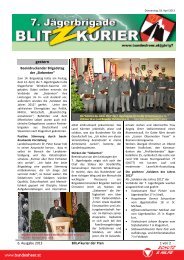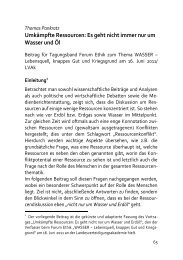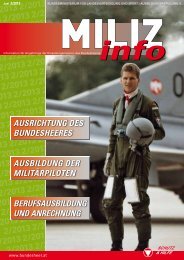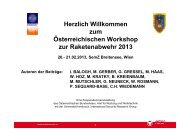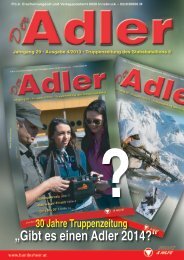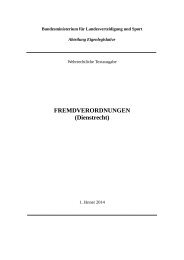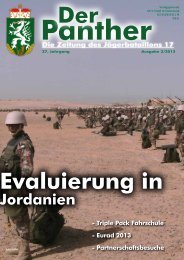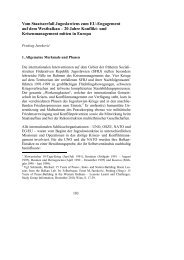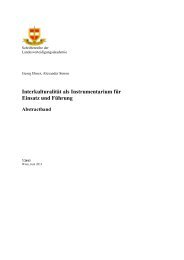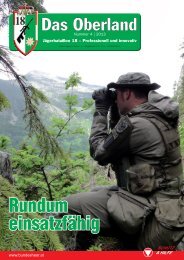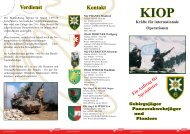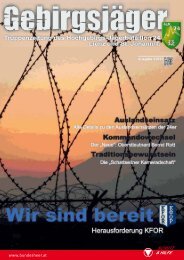Cutting or Tightening the Gordian Knot
Cutting or Tightening the Gordian Knot
Cutting or Tightening the Gordian Knot
Create successful ePaper yourself
Turn your PDF publications into a flip-book with our unique Google optimized e-Paper software.
his diminutive physical stature, helped to transf<strong>or</strong>m Europe into <strong>the</strong> most<br />
murderous region in <strong>the</strong> totality of human experience. Toge<strong>the</strong>r with <strong>the</strong><br />
Balkan wars of <strong>the</strong> 1990s that resulted in <strong>the</strong> implosion of f<strong>or</strong>mer Yugoslavia<br />
and brought genocide back to Europe some 50 years after <strong>the</strong> end<br />
of W<strong>or</strong>ld War 11 – a linear continuation of W<strong>or</strong>ld War I – we can say<br />
that <strong>the</strong> 20 th century both began and ended with Serb nationalism as a<br />
potent f<strong>or</strong>ce. Given where <strong>the</strong> Balkans are at present, Serb nationalism<br />
has become a feature of <strong>the</strong> first decade of <strong>the</strong> 21 st century as well!<br />
Given this hundred-year-plus traject<strong>or</strong>y of virulent Serb nationalism –<br />
which is not in anyone’s best interest, including Serbs’ – it is <strong>the</strong> <strong>the</strong>sis<br />
of this article that, bef<strong>or</strong>e confidence building can commence meaningfully<br />
between Serbs and Kosovar Albanians, this situation must be effectively<br />
analyzed and dealt with, which <strong>the</strong> remainder of this article attempts<br />
to do.<br />
The Role of Kosovo in Serb National Identity<br />
Princip and his fellow conspirat<strong>or</strong>s representing <strong>the</strong> Serbian Black Hand,<br />
might have endeavoured to assassinate Archduke Franz Ferdinand no<br />
matter what day he visited Sarajevo, but <strong>the</strong> fact that <strong>the</strong> day of <strong>the</strong> visit<br />
was Sunday, 28 June 1914 speaks volumes about a c<strong>or</strong>e feature of Serb<br />
national identity that remains with us to this day: <strong>the</strong> role of Kosovo in<br />
<strong>the</strong> Serb national consciousness and discourse.<br />
F<strong>or</strong> many Serbs, Kosovo is <strong>the</strong>ir “Jerusalem”: <strong>the</strong>ir “holy ground …<br />
where [<strong>the</strong>ir] most hist<strong>or</strong>ic and religious monuments are located” (Dragnich<br />
and Tod<strong>or</strong>ovich, 1984, p. 1). Kosovo is <strong>the</strong> Serbs’ medieval kingdom,<br />
<strong>the</strong> “cradle of <strong>the</strong>ir nationhood, when <strong>the</strong>y were virtually its sole<br />
occupants … <strong>the</strong> centre of [<strong>the</strong>ir] empire of <strong>the</strong> middle ages, at one time<br />
<strong>the</strong> strongest empire in <strong>the</strong> Balkans” (ibid.; also see Dragnich, 1992, Ch.<br />
9). On 28 June 1389, Kosovo fell to <strong>the</strong> Ottoman Empire, which eventually<br />
ushered into <strong>the</strong> region 500 years of Ottoman occupation. Serbia<br />
reclaimed Kosovo at <strong>the</strong> end of <strong>the</strong> Balkan Wars of 1912-13, only to<br />
have <strong>the</strong> dominant population <strong>the</strong>re, over 90%, come to be represented<br />
by ethnic Albanians during <strong>the</strong> remainder of <strong>the</strong> century. That <strong>the</strong> maj<strong>or</strong>-<br />
173


